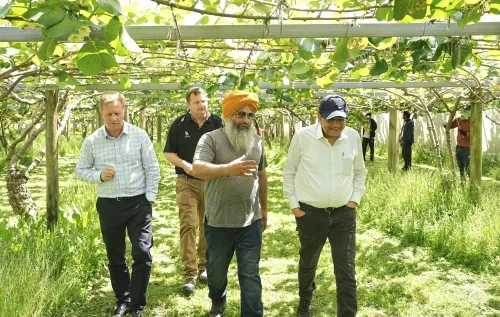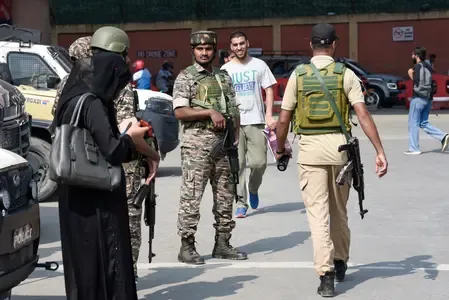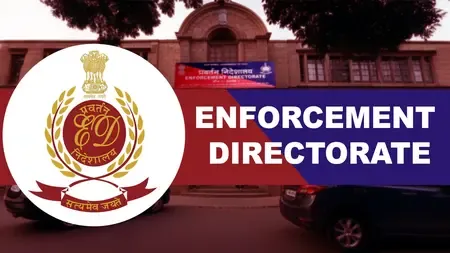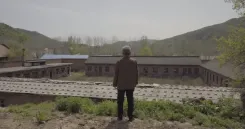Why is the Calcutta HC Questioning the Bengal Govt's OBC Survey Approach?
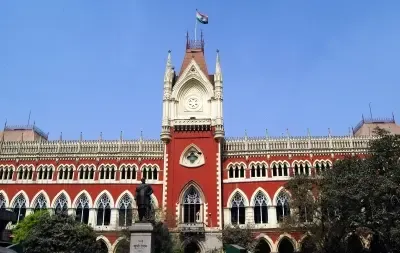
Synopsis
Key Takeaways
- Calcutta High Court questions the government's survey approach.
- Public awareness is crucial for the success of the OBC survey.
- The court has mandated better communication strategies.
- Eligibility for OBC certificates must be widely known.
- Government must submit progress reports to the court.
Kolkata, May 6 (NationPress) The Calcutta High Court, on Tuesday, raised concerns regarding the method employed by the state government to conduct a new survey aimed at identifying the Other Backward Classes (OBCs) in West Bengal.
This new survey initiative was launched following the government's commitment to the Supreme Court on March 18, in response to a case where the state contested a previous Calcutta High Court ruling from May 2024 that annulled all OBC certificates issued in the state since 2010.
On March 18, the state also assured the apex court that it would finalize the fresh survey within three months. However, subsequent to this announcement, a petition was filed in the Calcutta High Court challenging the methodology of the ongoing survey.
The petitioner claimed that the state government was only accepting applications from the 113 OBC communities whose classifications were revoked by the High Court.
During the hearing before the division bench of Justice Tapabrata Chakraborty and Justice Rajasekhar Mantha, the bench questioned why the government had not properly publicized the fresh survey, which is crucial for informing the public about its specifics.
The bench also pointed out that if eligible individuals for OBC certificates remain uninformed about the survey, they would be deprived of their rightful benefits, thereby undermining the primary objective of the survey.
Consequently, the division bench instructed the state government to enhance the publicity of the survey by launching advertisements at the grassroots level, starting from village panchayats.
Additionally, the bench mandated that the state government and the state backward class development corporation submit an affidavit to the court by June 15, which has been set as the next hearing date for this matter.

